Top 6 sales pipeline software providers
Measuring more than 5,400 miles, the West-East Gas Pipeline in China is the world’s longest physical pipeline.
Though your sales pipeline isn’t that long, it may sometimes seem like it is. That’s where sales pipeline software comes in — to help you get a sense of where potential sales stand, when they may come through, and what you can do to move them along.
What is sales pipeline software?
Simply put, sales pipeline software helps sales teams track new and existing opportunities at every stage of the buyer journey.
After you invest in a pipeline solution — which should provide both sales timelines and opportunity scoring — each member of your sales staff can better visualize all of the potential deals they have in the works and how they should prioritize their time when approaching clients and prospects.
Sales pipeline software also yields more accurate forecasts about what’s to come and helps the sales team work together better as a cohesive whole.
What should you look for in sales pipeline software?
When vetting software vendors, look for an offering that allows you to create a sales funnel that reflects the customer journey for your specific industry. This journey includes the stages your prospects go through as they move closer to making a purchase. The personalized funnel helps your sales managers track overall opportunities and sales forecasts to better guide their teams and meet company-wide goals.
You’ll also want sales pipeline software with some predictive capabilities — such as the probability each sale will close based on a prospect’s journey stage — and a timeline view for existing opportunities. These insights make it easier to nurture the right leads and prevent prospects from falling through the cracks.
Some sales pipeline software solutions can also import data directly from customer relationship management (CRM) platforms, which saves a lot of time and prevents errors from manual data entry.
What are our sales pipeline recommendations?
Here are our six picks for the best sales pipeline software options for your business.
1. Copper
Copper offers lead-tracking functionality as well as visual pipelines, which help you see exactly where each lead is.
Other helpful features include
- Email open tracking, which tells you exactly when clients and prospects have seen your message and when it’s the right time to reach out again
- Recommended actions based on upcoming meetings, tasks, and overdue email responses
- A deal-length monitor to help visualize which sales opportunities are lagging and which are progressing
- Drag-and-drop functionality to move leads from one funnel stage to another as customers progress through the buyer journey
- Personalized email templates and trigger-based reminders to help sales staff easily follow up with potential clients
Copper also calculates the probability of making each sale and allows users to sort deals by value.
2. Freshsales
Freshsales boasts AI-based lead-scoring to help zero in on the best leads based on buying signals and behaviors, diving deep into customer engagement to give users better context for future outreach. Email and activity tracking let users know when leads and customers open emails or click on links.
Plus, Freshsales offers a visual sales pipeline to easily track deal progress. Users can add tasks — such as meetings, emails, and calls — directly into deal cards within the pipeline. They can then filter those deals by the sales reps responsible for them. This feature, Freshsales says, turns each visual pipeline into a sales team report card, so managers can better assess progress.
3. HubSpot Sales Pipeline Management
Marketing software platform HubSpot offers a pipeline-management tool with a dashboard where users can add deals, assign tasks, and track progress. What arguably sets HubSpot apart is that its CRM automatically populates information about new contacts from an internal database of more than 20 million businesses, which means you don’t have to type that data in yourself.
From there, the software tracks each lead or customer interaction, including email opens, attachment downloads, and clicks. Plus, a universal inbox displays every interaction — including live chat — so any member of your staff can easily get up to speed if that lead proactively reaches out to sales or customer service.
Another plus for HubSpot is the customizable pipeline it offers to mirror your actual purchase journey, with drag-and-drop functionality to easily move deals from one stage to another. Similar to other offerings on this list, it helps managers get a better sense of the overall health of the sales pipeline, including insight on both individual and team performance.
4. Keap
CRM platform Keap offers sales pipeline software with a customizable dashboard that tracks all the activity of leads and clients throughout the buyer journey. Users can customize each stage and schedule automatic emails or other actions when a lead moves to a new phase.
5. Pipedrive
This CRM tool focuses on the actions that lead to sales, like scheduling calls and meetings and tracking communication. It provides visual pipelines to manage leads.
Pipedrive also automatically populates information generated by its customizable chatbot feature and web forms at the beginning of the pipeline as an ongoing source of potential new business. Users can track calls, emails, and other contact history as well as access metrics to measure performance against goals.
6. Pipefy
Workflow-management platform Pipefy helps users track leads by centralizing inbound and outbound data, standardizing their sales funnel and lead-gen processes, and automating the management of sales opportunities. It offers a sales CRM template, which helps convert your best leads faster and improves communication.
Navigating your sales pipeline
You may not be responsible for the West-East Gas Pipeline, but your sales pipeline is arguably just as complicated. However, with the right management software, your sales team will have the tools they need to better visualize the sales journey and determine when and how to reach out to customers and prospects — and when to leave them alone — helping them to optimize performance.


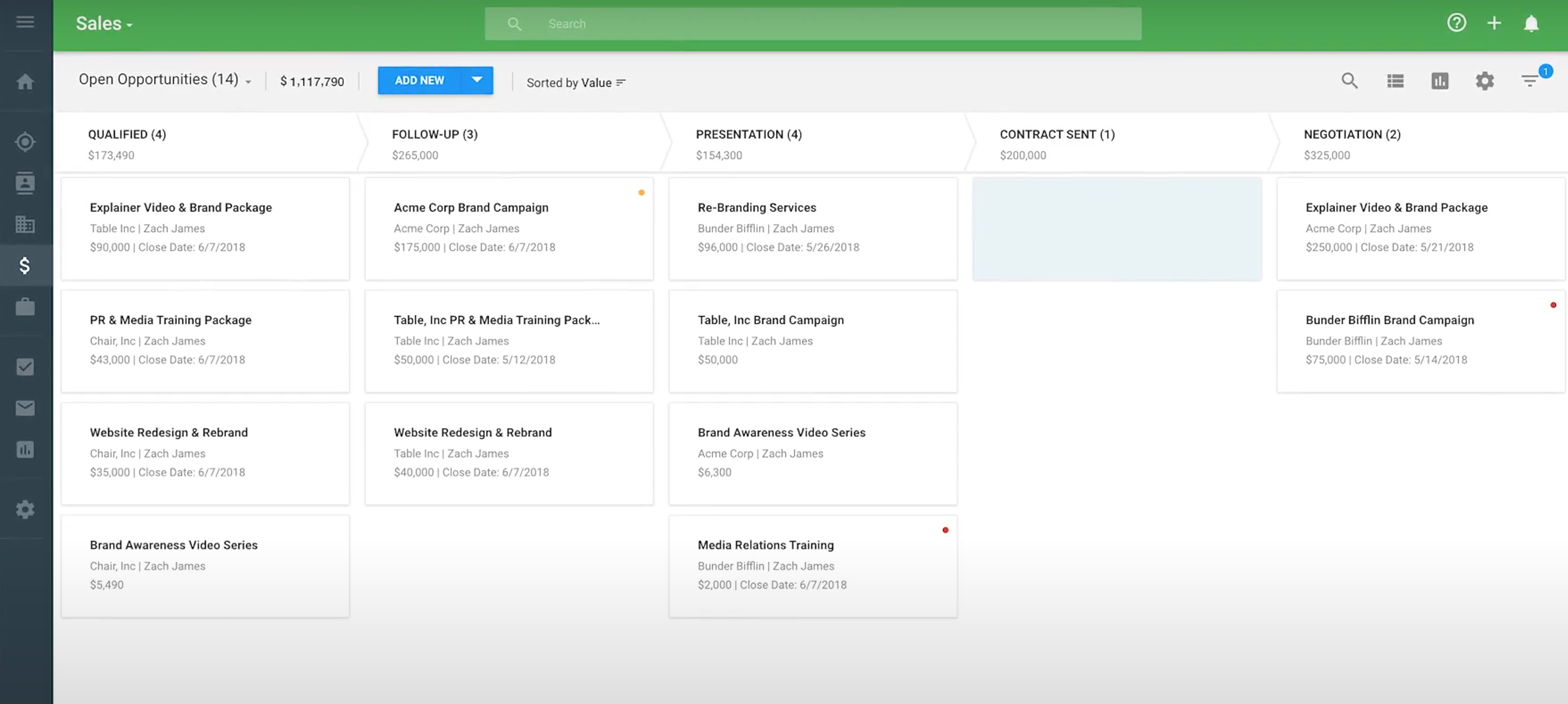
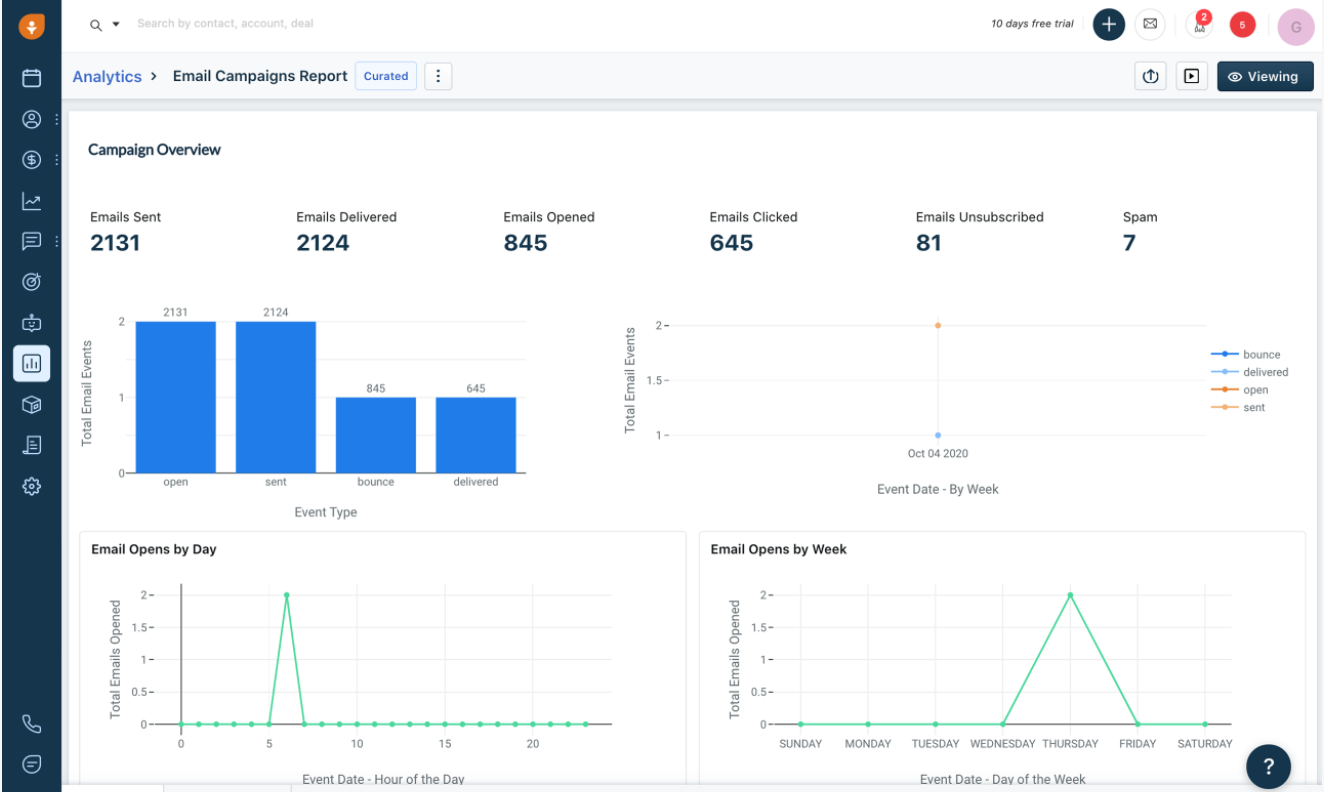
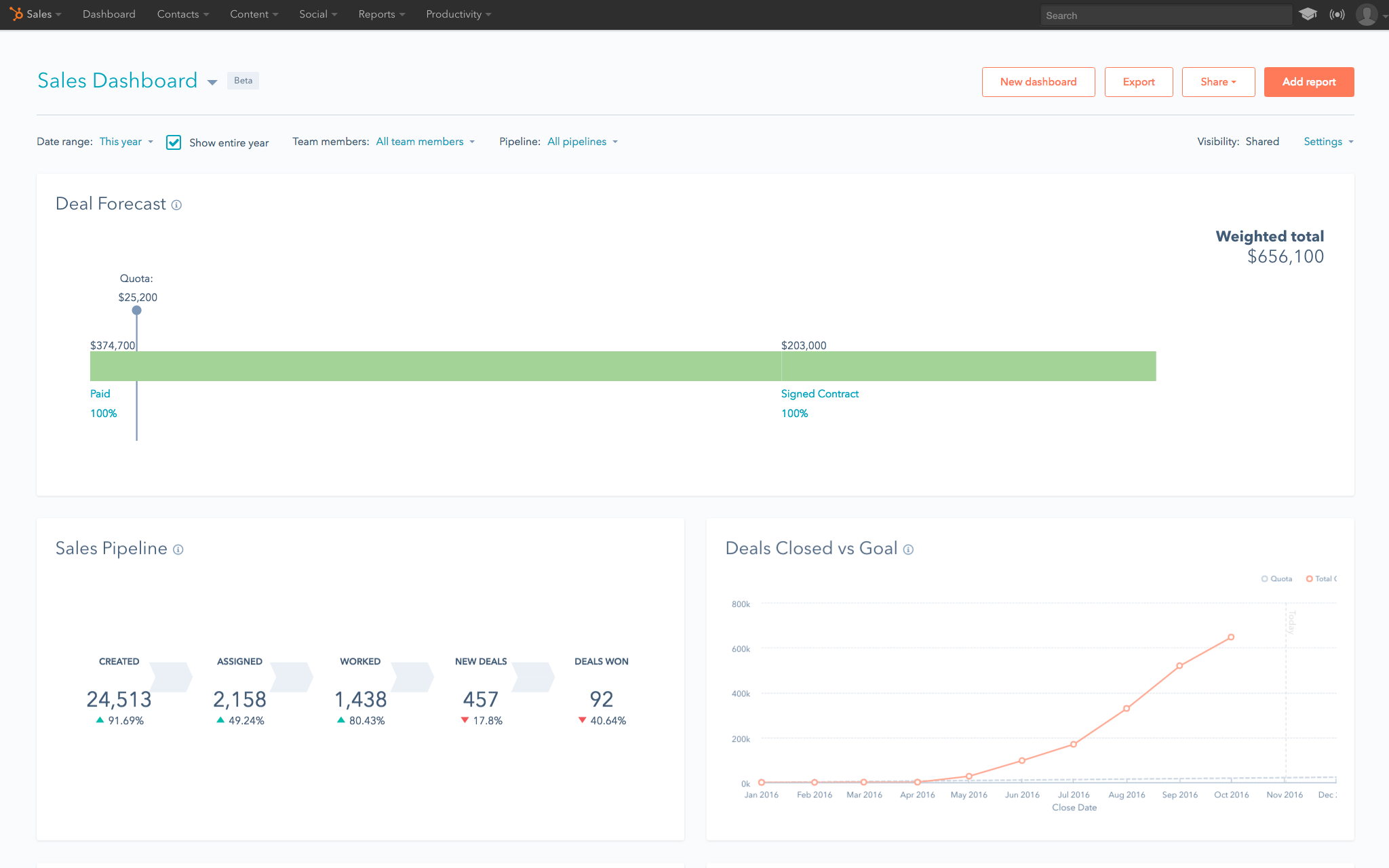
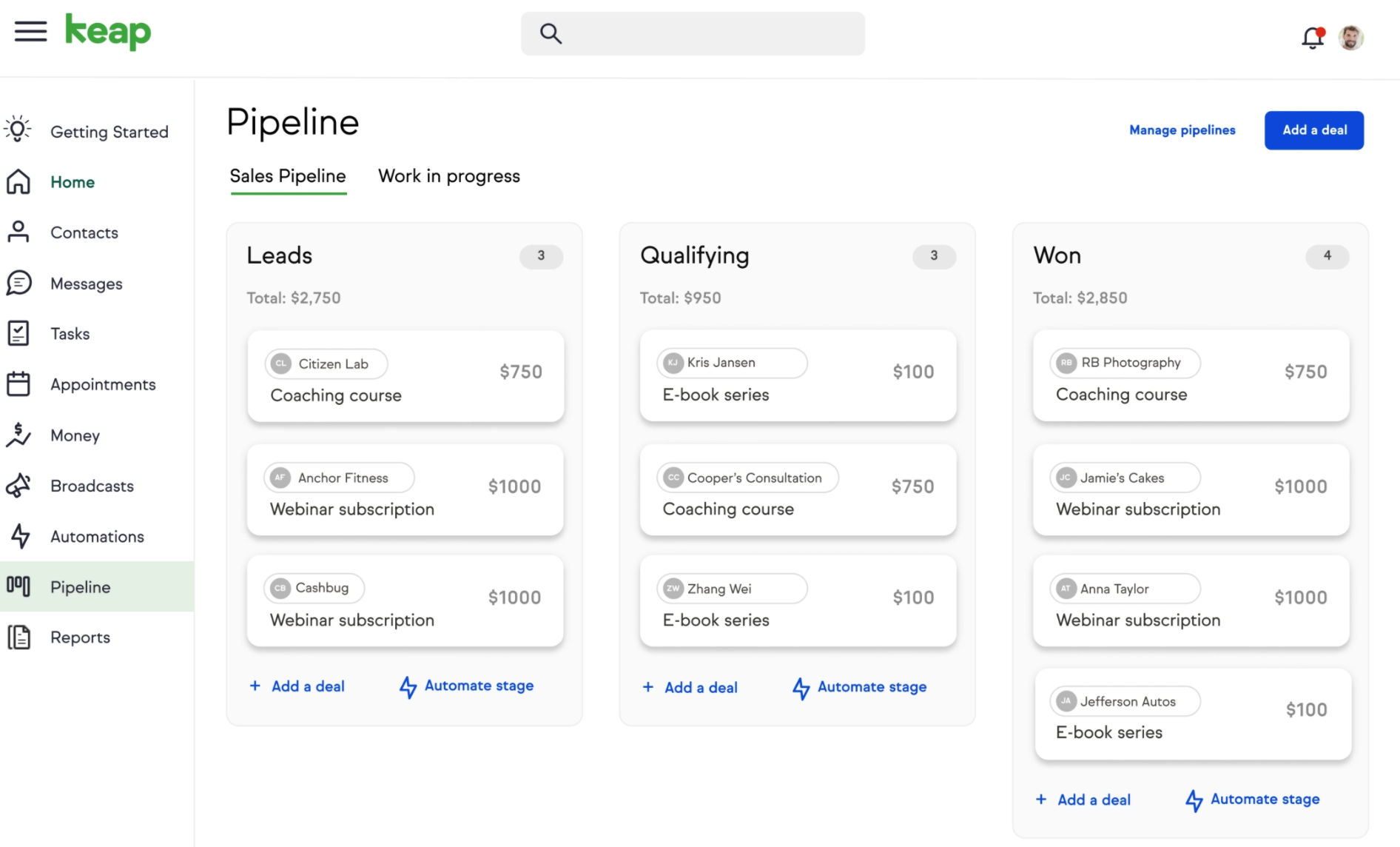
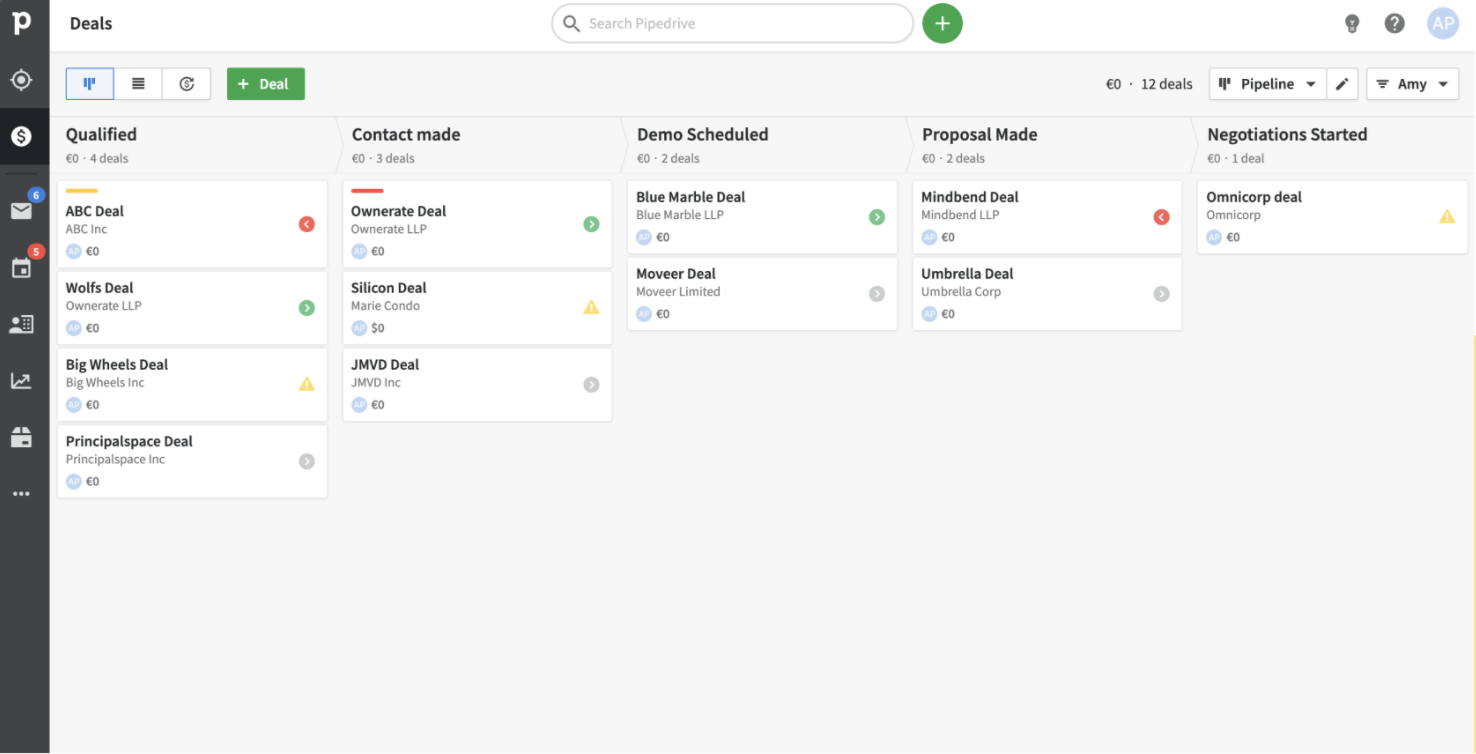
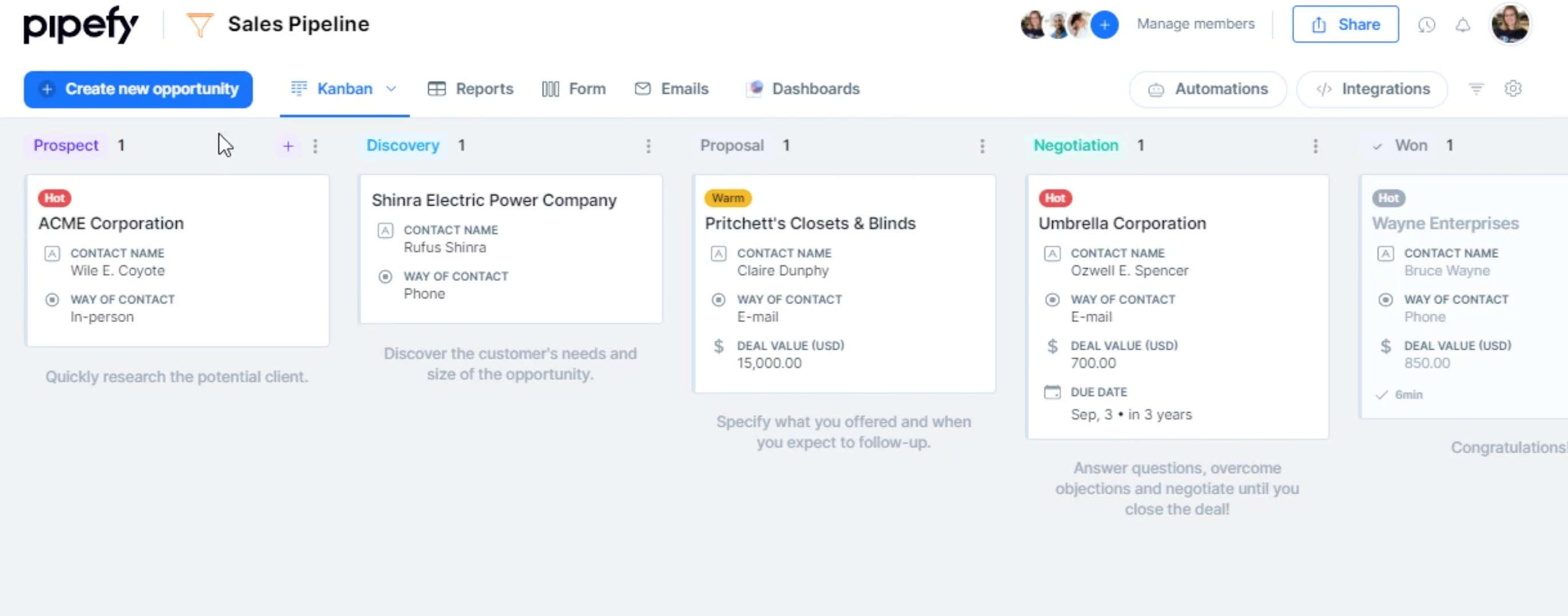
















Send Comment: